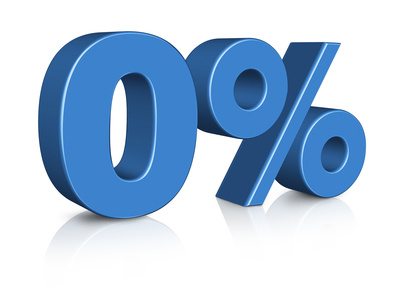Inflation rates seem to make the news less and less as everyone comes to grips with a cheaper cost of living.
The rate in the UK stuck at -0.1%, the first time the consumer price index has fallen for two consecutive months since records started in 1997.
The main causes of the current low cost of living are low energy costs, as the price of oil has tumbled from more than $100 a barrel a year ago to half that amount now and bumper harvests bringing down the price of food in the shops.
Both exert a downward pressure on inflation,
Low oil prices are likely to be with us for a while – perhaps for a decade or more, according to OPEC, the body that represents oil producing countries.
Cheaper food and energy
Cheaper food is a bonus. Weather and market conditions can change at a drop of a hat and this year is just a happy coincidence for consumers that stores are bulging with extra food at the same time oil prices are low as well.
Bank of England governor Mark Carney has hinted that inflation should stay low for a while as lower oil and food prices work their way through the index, which reports year-on-year and month-on-month changes in the cost of living.
According to the Office of National Statistics (ONS), prices on service station forecourts dropped by 14% in the past 12 months, while food and drink fell by 2.7% and energy costs lowered by 4.1%.
Consumer spending power
“Inflation has hovered around 0% for nine months in a row,” said an ONS spokesman, while the Bank of England does not expect inflation to float back to 1% until summer 2016 and at least two years before bouncing back to the Bank’s favoured rate of 2%.
This is OK for consumers as long as wage increases outpace the falling cost of living.
Although no one is expected to see a pay cut, wages are unlikely to see a large increase in the next 12 months.
A recent survey by expat salary and benefits firm ECA International wages to ratchet up an average 2.4% next year before inflation is stripped out to see real terms spending power increasing by around 1.5% if the Bank’s inflation estimate pans out as correct.
